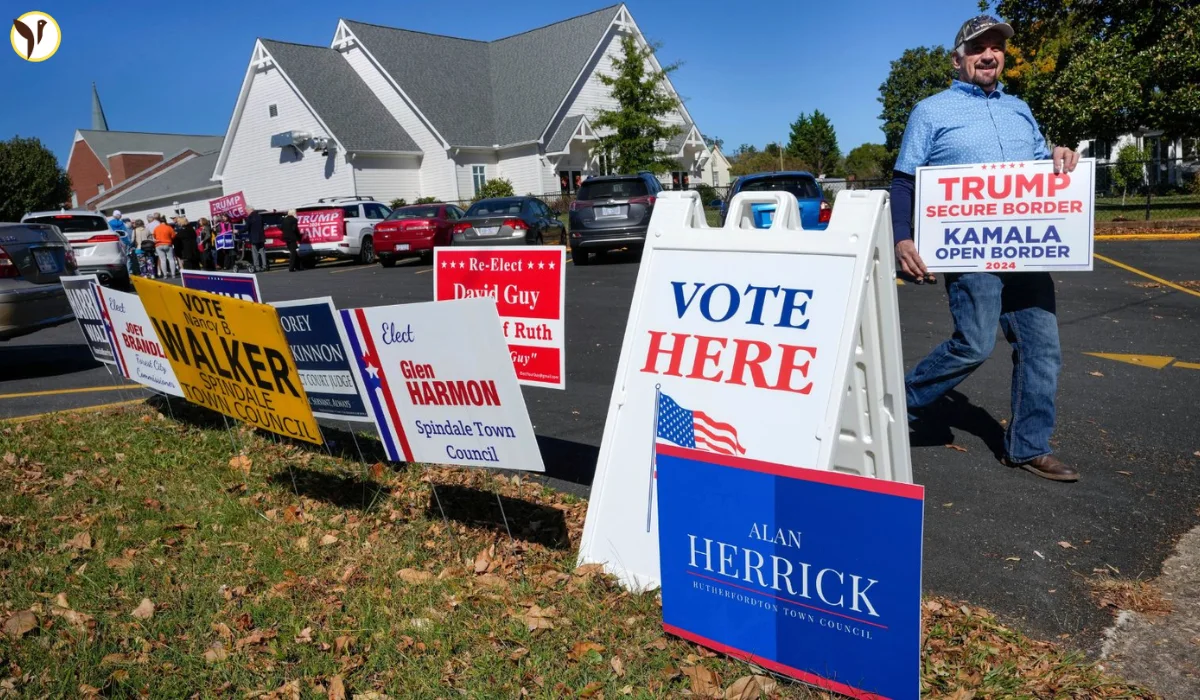You’ve probably noticed—more and more folks aren’t waiting for Election Day anymore. They're voting early. And honestly, it’s making a huge difference in how this year's primaries are going. It's not just about saving time. It’s changing who’s showing up, how campaigns are run, and even who ends up winning. Let’s break it down.
Early Voting Numbers Are Way Up This Year
So here’s the thing: early voting is kind of blowing up in 2025. In New Jersey, more than 330,000 Democrats voted early in the primary. That’s more than double what Republicans turned out—around 130,000. And over in Virginia, about 134,000 Democrats voted before Election Day even hit. That’s a lot.
Why does this matter? Well, it means tons of decisions are already being made before the final campaign push. Candidates can't count on last-minute speeches or ads anymore. Voters are locking in early, and that totally shifts the pace of the race.
Jack Ciattarelli, Mikie Sherrill Win New Jersey Primaries Election
Campaigns Can’t Wait Until the Last Minute Anymore
This year, the playbook changed. Candidates aren’t waiting until the final week to go all out. They're doing big pushes way ahead—mailers, phone calls, ads, the whole thing. Why? Because early voters matter just as much as Election Day ones. Probably more.
-
Campaigns are spending earlier to reach voters before ballots go out.
-
Some are even tailoring messages just for early voters.
-
There’s less room for “last-minute surprises” to swing a race.
Honestly, if you’re a candidate and you're not thinking about early voting, you’re probably already behind.
Some States Make It Easy, Some… Not So Much
Let’s talk access. Early voting isn’t the same everywhere. Some states are really open—mail-in, in-person, flexible hours. Others, not so much. And yeah, it makes a big difference. States that make early voting easier are seeing way more people show up. It gives more folks a chance to vote who might’ve skipped it otherwise.
But where early voting is limited, turnout stays pretty low. And that can affect whose voices actually get heard.
The Bigger Picture: What It Means Going Forward
Honestly, early voting is kind of reshaping how elections work—especially primaries. Here's what it could mean for the rest of 2025 and maybe even 2026:
-
Primary outcomes are being shaped earlier than ever.
-
Candidates need longer, more expensive campaigns.
-
Early voters tend to be more engaged, which may tip close races.
-
Voter enthusiasm is showing up way before Election Day.
It’s not just about convenience anymore—it’s about power. And voters who show up early? They’re using it.









